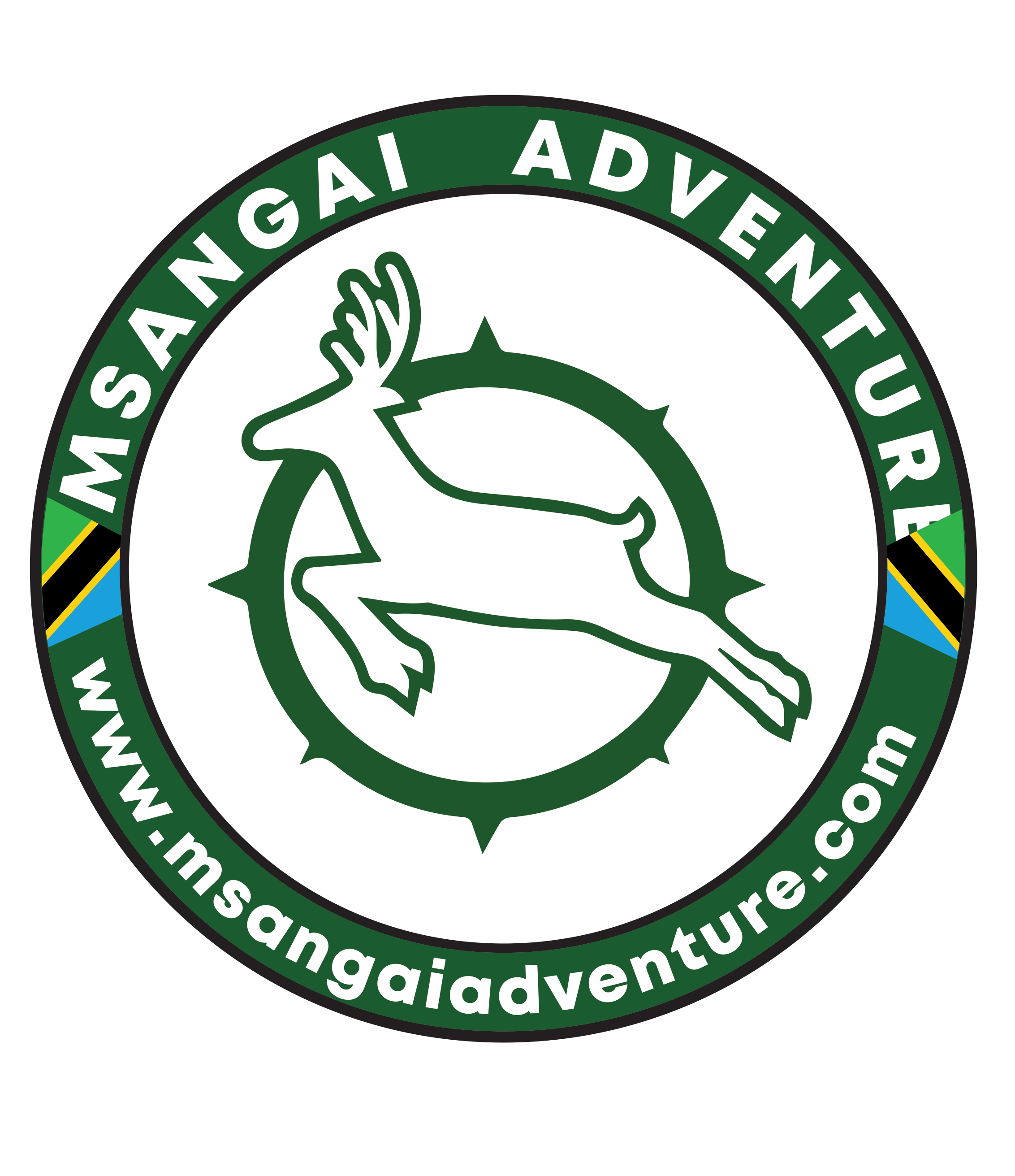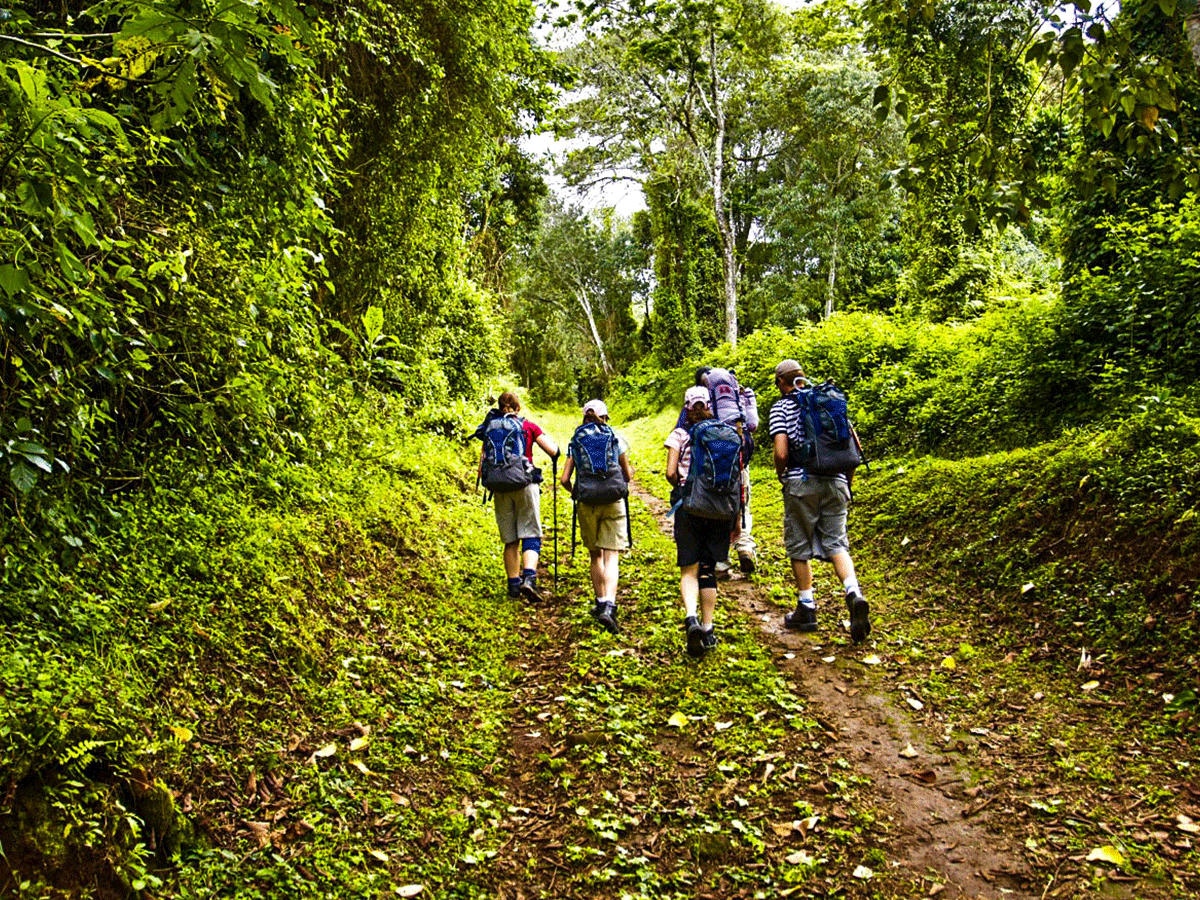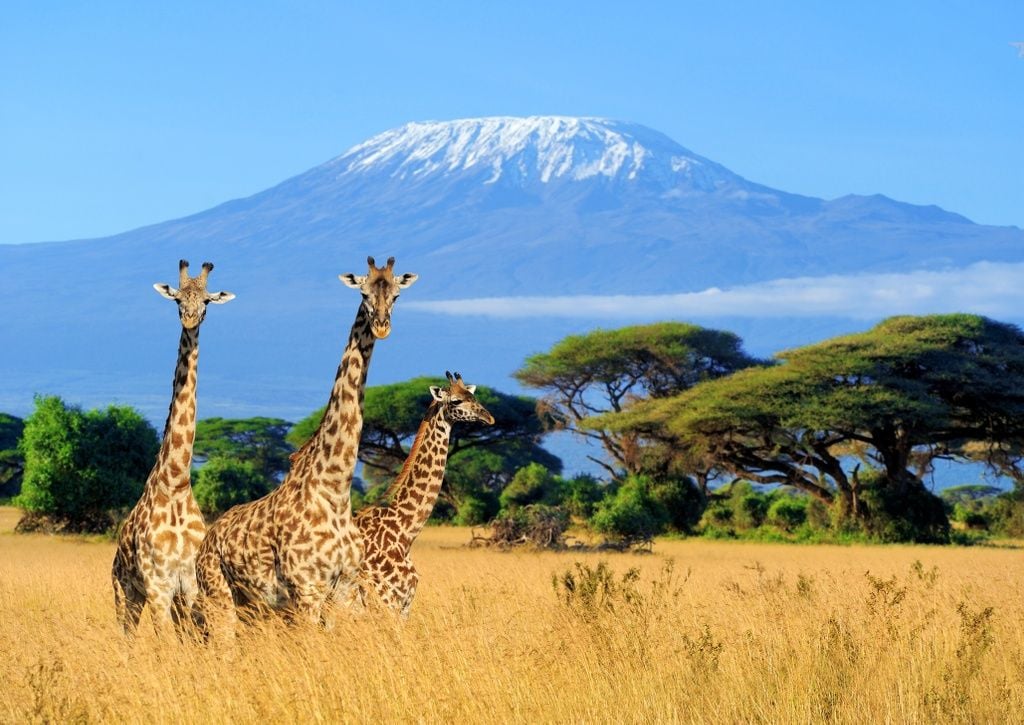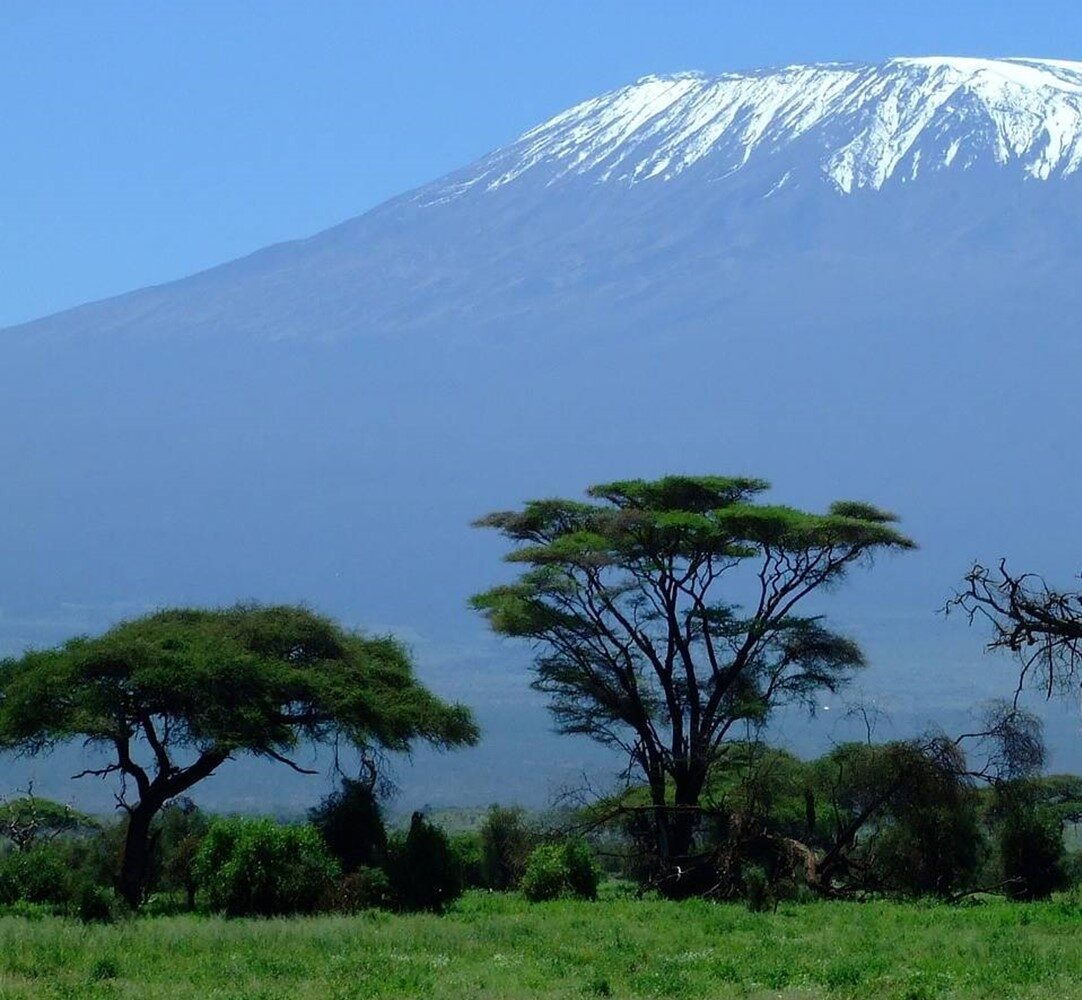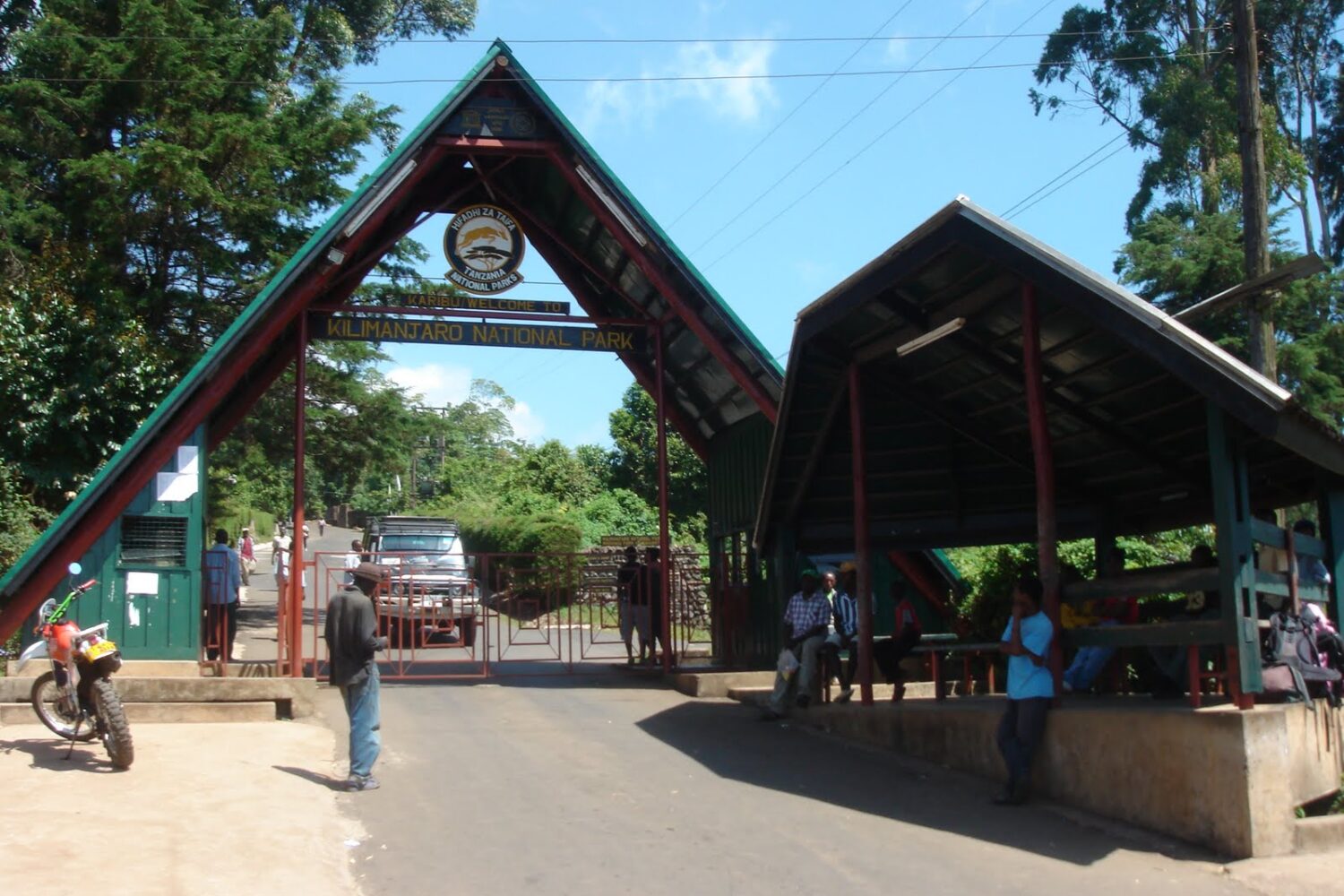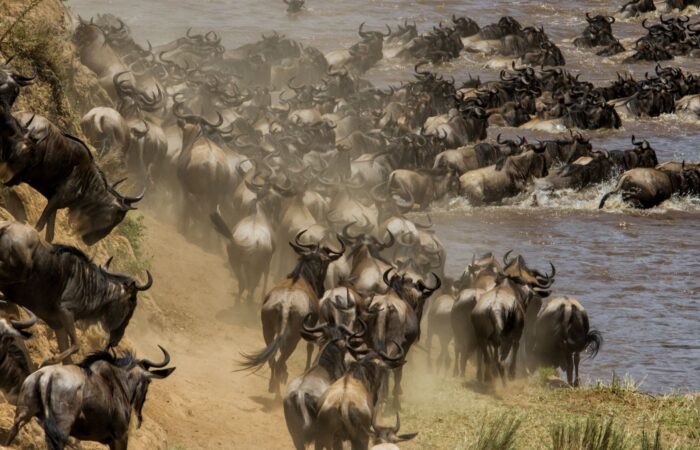- Home
- Experiences
- Attractions & Destinations
- Accommodation
- Tanzania
- Baobab Lodges & Camps
- Bougainvillea Safari Lodge
- Eileen’s Trees Inn
- Farm of Dreams Lodge
- Gold Crest Hotel, Arusha
- Kankari Lodge
- Kon Tiki Tented Camp
- Marera Valley Lodge
- Mount Meru Hotel
- Moyo Tented Camp – Serengeti
- Ngorongoro Marera Mountain View Lodge
- Nungwi Dreams by Mantis
- Serengeti Heritage Luxury Tented Camp
- Serenity Camps & Lodges
- Sero Tented Camp – Northern Serengeti
- Shuhudia Camp
- Tukaone Serengeti Camps
- Zawadi House Lodge
- Kenya
- Tanzania
- Tour Packages
- 2-Day Ngorongoro Crater and Lake Manyara Safari
- 2-Day Ngorongoro Crater and Tarangire NP Safari
- 2-Day Taste of Tanzania Safari ( Tarangire and Manyara )
- 3-Day Classic, Sleeping with Lions Safari in Serengeti
- 3-Day Guided & Unforgettable Serengeti and Ngororongoro
- 3-Day Ngorongoro Crater, Tarangire and Lake Manyara NP
- 4-Day Classic High-End Serengeti, Ngorongoro, Tarangire
- 4-Day Classic Mid-Range Serengeti, Ngorongoro, Tarangire
- Mt. Kilimanjaro Trek
- 5-Day Great-Serengeti, Ngorongoro, Manyara & Tarangire
- 5-Day Special Serengeti, Ngorongoro, Manyara & Tarangire
- 5-Day High-End Sleeping Beside Lions Safari in Serengeti
- 5-Day Living with Lions Game Safari
- 5-Day Migration Magic In Serengeti, Ngorongoro
- 6-Day Migration Wonder Safari In Northern Serengeti
- 6-Day Visiting Serengeti Lions & Hadzabe Tribe
- 7-Day Magical Zanzibar & Great Serengeti Safari
- 7-Day Greatest Migration Safari in Northern Seregenti
- Gallery
- Before You Travel
